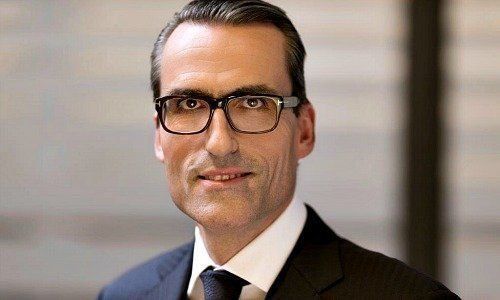Jamie Dimon, Ray Dalio, and Warren Buffett are among big-name billionaires worried about pitchforks coming. UBS wants to harness «big ego» charitable projects for better results.
The number of billionaires edged lower by 57 last year to 2,101 people, according to an annual study compiled by Swiss bank UBS and consulting firm PwC released on Friday. Their assets dropped by $400 billion to $2.1 trillion – a drop in equity markets hit China’s ultra-rich hard.
But billionaires continue to thrive, according to the study: the profitability of their (private) firms continues to outstrip that of listed ones. Companies controlled by billionaires also outperform those in free float on profits after a public listing.
Even if billionaire wealth has dipped, the ultra-rich are openly fretting about inequality – and feel roasted in an increasingly hostile class divide. «They're misunderstood,» Josef «Joe» Stadler, UBS’ top private banker for ultra-rich clients, said at a media briefing in Zurich.
Donation Pledge
They fear a left-wing-led revolt against stark differences in societal privilege and income. To be sure, there are few signs of such a revolt with right-wing populism dominating elections in recent years.
The party leader to tackle billionaires in recent weeks was Jeremy Corbyn, the leader of the British Labor Party. He promised to increase taxes on the rich, but seems currently unlikely to win the parliamentary elections in December.
The divide is an increasingly popular pet project among billionaires: hedge fund founder Ray Dalio, J.P. Morgan CEO Jamie Dimon, and iconic investor Warren Buffett have stepped up their rhetoric in recent months (the Berkshire Hathaway boss is the only one of the three to sign up to give more than half his fortune to charity).
«Deadbeat Billionaire»
Stadler, a Swiss banking veteran, says many of his UBS clients are worried – not that inequality exists, but that they are being shut down in the public debate: «The dialogue is around whether it is morally acceptable to have such discrepancy,» he noted.
«But the dialogue about how they got to their billions and the kind of risks they took and the missteps, they had to endure that whole story, the history of the creation of value is not being discussed.»
Hedge fund founder Leon Cooperman even teared up when asked about plans from U.S. presidential candidate to tax the rich, saying he is sick of being «vilified» as a «deadbeat billionaire».
UBS thinks it has a solution: applying more capitalistic, free-market thinking to charitable giving. The age of straightforward grant-making is over, Stadler argues. «Who is better positioned than those who created empires to go and sort of apply their own matrices and KPIs {key performance indicators} in order to be successful in philanthropy than billionaires?,» Stadler said.
«Thave proven it in their businesses, and now they're basically converging into philanthropic activity which is driven by business principles, with high impact.»
- Page 1 of 2
- Next >>




































